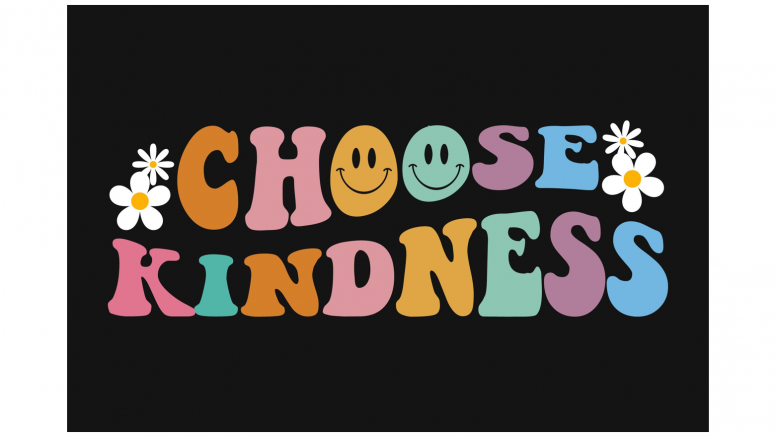Think about it. When was the last time you were radically kind to someone?
My friend posed this question at an event, and it had me thinking.
Not mere kindness but ‘radical’ kindness.
One that goes beyond the automatic act of lending a hand to someone to cross the road.
“Radical kindness refers to those acts and activities that intentionally seek to build bridges across differences, develop solidarity and shared ground, and promote social connection between different groups and communities.”
The key word here is “intentional.”
If we are to strive for an equitable world, then we will need to be radically kind.
Angela C. Santomero in her book Radical Kindness: The Life-Changing Power of Giving and Receiving, says, much like gratitude, we need a kindness practice. A practice in which we learn to see with our hearts and act from a place of compassion.
Radical kindness in the workplace
Our workplaces are breeding grounds for all kinds of emotions. Competition rules over collaboration. Anger, resentment, hurt, and sense of betrayal are prominent when we get the performance appraisal results. Joys of collaboration often die when the project ends. Kindness is last on the list. Sharing knowledge jostles for that space. The end result is that we are often a mess of our emotions. Organisations instead of being a ground for fostering growth and learning become a place where everyone is only concerned about her/his own self. The end result is destruction, the slowing down of productivity and efficiency, the disconnected employee, and a culture that reeks of disengagement.
It is not just leaders who make their employees their priority. You too can do it. Be more aware of what thoughts grip you when someone asks for support. If your colleague is rude to you, are you tempted to return the favor with more rudeness? Do you ignore your team if they disagree with what you say? Is it easy for you to shun your manager and organisation because you did not get that promotion? If your answer is yes, then you need to turn around and practice kindness.
We all know what it means to be kind. Yet, we are hardly intentional about it. We let the emotions of competition overtake us. We also know that kindness begets kindness. What goes around comes around. If we want people to be kind to us, we will need to practice kindness ourselves.
There is a reason why kindness needs to be practiced. By default, our common reaction to adverse situations is negative. Our mind shuts down feel good emotions. Kindness never figures in the realm of first thoughts!
Kindness as a strategic tool
Treating everyone with kindness, even those who mistreat you or disrespect your thoughts and perspectives is tough. It requires mindful intention to change the way you think.
Think of the outcome if you were to be kind during a meeting where tensions ran high, and everyone was downsizing the other. You could be the centrifugal force that binds people together and diffuses tension. By reducing conflict and engaging in an interactive style, you could set a new example of working. Strategically, kindness can be a powerful intervention tool used to disrupt conflict and stress.
According to Vandita Morarka, founder ‘One Future Collective’, an organisation whose organising principle is radical kindness, “Radical kindness first comes to us as the opposite of violence. It [radical kindness] takes away the binary of the wrongdoer and the harmed. It allows us to see the world in terms of how we come together to do the work required for justice.”
If you want a better future, if you believe in an equitable world, be radically kind.
The views and opinions published here belong to the author and do not necessarily reflect the views and opinions of the publisher.



Be the first to comment on "What will it take for us to be radically kind?"